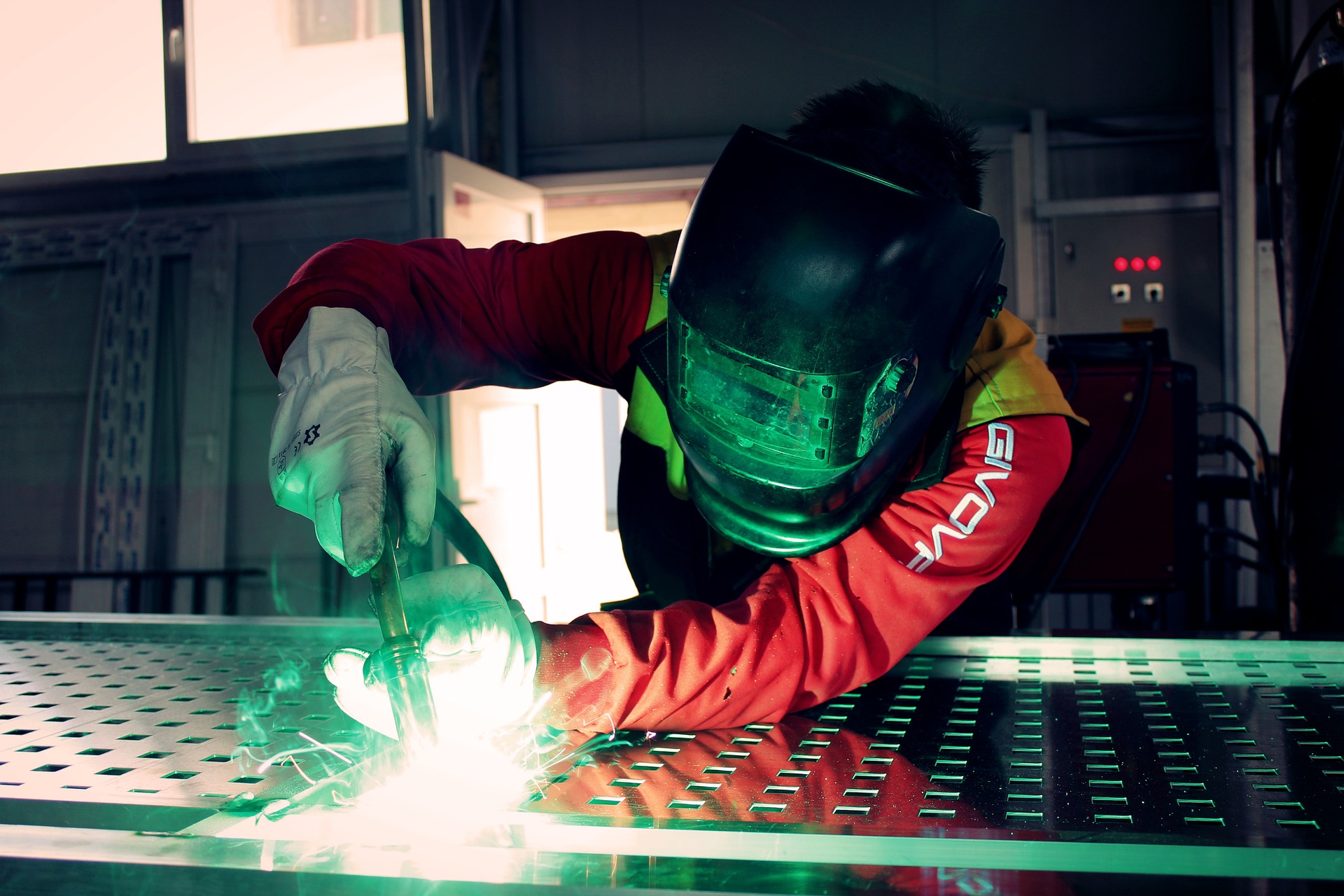Career Opportunities with Welding Companies in the UK
Welding is a crucial skill in numerous industries, from construction and manufacturing to aerospace and automotive sectors. In the United Kingdom, welding companies offer a variety of career opportunities for skilled professionals. This article explores the landscape of welding jobs in the UK, including the skills employers seek, typical daily tasks, and the factors driving demand for welders in the country.

What skills do employers look for in welders?
Welding companies in the UK seek candidates with a combination of technical expertise and personal qualities. Technical skills are paramount, with employers valuing proficiency in various welding techniques such as MIG (Metal Inert Gas), TIG (Tungsten Inert Gas), and stick welding. Knowledge of blueprint reading and the ability to work with different metals and alloys are also highly sought after.
Beyond technical abilities, employers prioritise safety consciousness, as welding involves working with high temperatures and potentially hazardous materials. Attention to detail is crucial for producing high-quality welds that meet stringent industry standards. Problem-solving skills are valuable, as welders often encounter challenges that require innovative solutions on the job.
Many welding companies also look for candidates with good communication skills, as welders often work in teams and may need to liaise with other professionals on complex projects. Physical stamina and dexterity are important, given the nature of the work, which can involve long periods of standing, bending, and precise hand movements.
What do welders do day to day?
The daily responsibilities of welders in the UK can vary depending on their specific role and industry. However, some common tasks are typical across many welding positions. Welders often begin their day by reviewing project specifications and blueprints to understand the requirements of their assigned tasks. They then prepare their equipment, ensuring all tools are in proper working order and safety measures are in place.
Throughout the day, welders may perform a variety of welding techniques to join metal components, following precise specifications. This can include cutting metal pieces to size, aligning parts for welding, and applying welds in various positions – overhead, vertical, or horizontal. Quality control is an ongoing process, with welders frequently inspecting their work to ensure it meets required standards.
Maintenance of welding equipment is another regular task. Welders clean and adjust their tools to maintain optimal performance and longevity. They may also be responsible for recording their work, documenting the materials used, and noting any issues encountered during the welding process.
In some roles, welders may collaborate with engineers or other tradespeople on larger projects, requiring coordination and communication skills. Depending on the industry, they might work in fabrication shops, construction sites, or even underwater in specialised marine welding roles.
Why are welding companies hiring in the UK?
Several factors contribute to the ongoing demand for welders in the United Kingdom. The construction industry, a significant employer of welders, has seen steady growth in recent years, driven by infrastructure projects and urban development. This growth has created a consistent need for skilled welders to work on buildings, bridges, and other structures.
The manufacturing sector, particularly in areas such as automotive and aerospace, continues to require welding expertise for production and maintenance. As the UK focuses on modernising its manufacturing capabilities, the demand for welders with knowledge of advanced techniques and materials has increased.
The push towards renewable energy sources has also opened up new opportunities for welders. The construction and maintenance of wind turbines, solar panel supports, and other green energy infrastructure require specialised welding skills, creating a niche market for welders with relevant expertise.
An ageing workforce in the welding industry is another factor driving hiring. As experienced welders retire, companies are actively seeking to recruit and train the next generation of professionals to fill these crucial roles. This demographic shift has led to increased opportunities for apprenticeships and entry-level positions in welding companies across the UK.
Additionally, the ongoing maintenance and repair of existing infrastructure, from pipelines to railways, ensures a steady demand for welding professionals. As the UK continues to invest in updating and expanding its infrastructure, the need for skilled welders is likely to remain strong in the foreseeable future.
In conclusion, welding companies in the UK offer diverse career opportunities for those with the right skills and dedication. From construction sites to high-tech manufacturing facilities, welders play a vital role in shaping the country’s infrastructure and industry. With ongoing demand driven by various sectors and the need to replace retiring professionals, welding remains a promising career path for those interested in a hands-on, skilled trade with potential for growth and specialisation.




